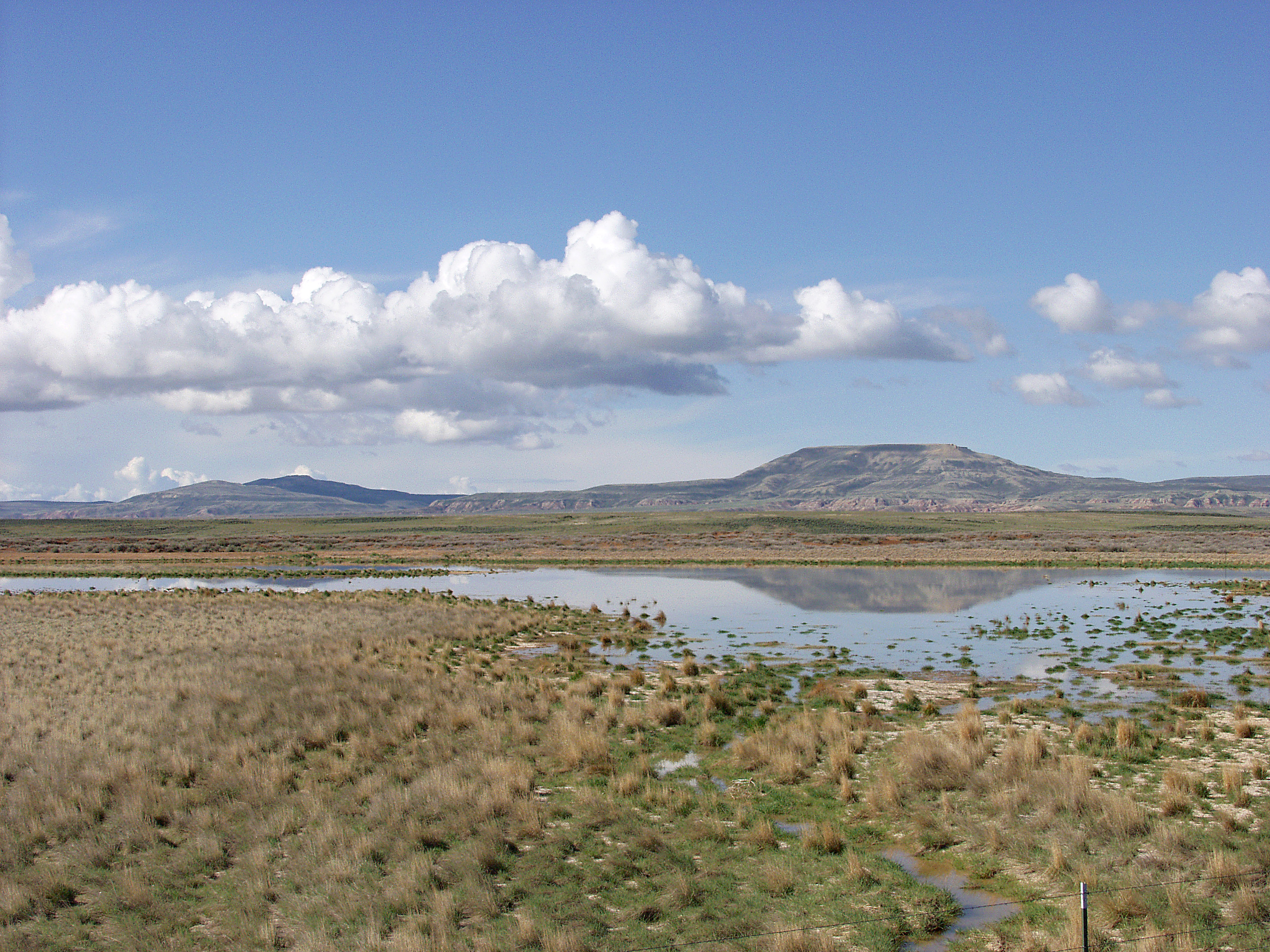 |
| John Ruskin |
He preached (or at least, I made out that he preached) a commitment to artisanship in all things: that life is uplifted when we are surrounded by the making of art. Also, that art is a practice and process which can infuse every action and every craft. Art is a way of being, of making, and understanding. That is why baking bread is every much an artform as painting a picture. That is why gardening is art, as is making a home. When individual, conscious, positive attention is given to the creation of anything, it is imbued with a spirit not at all present in that which is mass manufactured. That is why any handmade artwork is always better than a reproduction, even of a masterpiece.
This commitment to the personal, the individual, and the handmade has imbued every part of our life and work. It is how we have chosen to teach, to create, and to live within in our home. Two other huge elements shaped our understanding of how to live life.
 |
| In the Red Desert, not far from where I was raised. |
When Wes was a very young man, he chanced to take a bike ride across America with a man who worked with Timothy Leary at Harvard at the beginning of the 1960's. Wes was a lost young man recently fired from a hateful job in a lumber mill in Montana when he chanced to give Robert a place to sleep on his floor. Robert was cycling across the country alone, by way of itinerant monk. Traveling without money, scrounging places to sleep, eating very simply, and when absolutely necessary, doing manual labor to earn a little cash. Life was consciously and purposely reduced to its most essential elements: thought, movement, conversation, sleeping, and eating. The two stayed up all night talking.
The next morning, Wes, as only Wes could do, left his meager possessions to his friends in Montana, jumped on his ten-speed racing bike, slung his mountain back pack on his back, and left to journey with Robert. Bicycle purists are shuddering at this thought. Racing bikes are ill equipped for long distance travel, being both uncomfortable and flimsy for the pounding miles. The last thing you want to do is carry something on your back, especially a large and bulky pack, while crouched over the handle bars. But then, as now, Wesley was rash and extraordinarily pain tolerant . Planners of the world, like me, cannot imagine walking out the door without a list, such freedom/thoughtlessness is overwhelming.
He spent the next months traveling the country with Robert, during which he developed a profound distrust of the money system. In reality, Robert probably gave Wes the words and conceptual framework to understand what was already there. The goal of modern capital is to create a new form of servitude. By tying people to ownership, especially through the power of debt, it can be arranged that people will willingly send the majority of their earnings to the keepers of capital. Wes's own proto anarcho-libertarianism fused with Robert's anti-establishmentarianism. When I first met Wes, he had no bank account, no drivers' license, no insurance, few possessions. But he had travelled all around America and Europe as a self-propelled nomadic. He valued and created experience. I fell in love with him the night he told me of his travels.
We saw in each other our much longed for travelling partner. We roamed throughout the eighties, hitchhiking and biking throughout the United States and Europe, talking endlessly about the right way to live. The travels taught us to live without taking, to use as little as possible, to avoid debt and stay away from the traps of modern servitude, and to commit to surrounding ourselves with the handmade, the indigenous, and the natural. Being on the road, with nothing, taught us how live a thoughtful life It taught us to be conscious about our choices, and cognizant of their impact. It took moving to Flint, Michigan, however, to teach us that was not enough.

Shaun, I am loving reading all this about you and Wes. Just last night I told Ryan about your upcoming adventure and we marveled at it - we are both full of admiration.
ReplyDeleteI know how hard you have worked over the past 20ish years to build Matrix and truly, I can't fathom both the rewards and the personal costs. I hope that this upcoming trip is everything you want and need it to be.
I am excited to read more in the upcoming days, especially how your time in Flint changed things.
Elizabeth Campbell